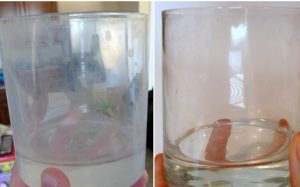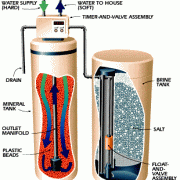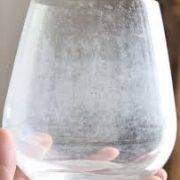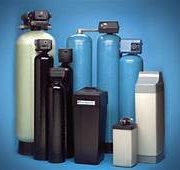Already have a water softener and love it, but wondering about how to care for it? Great! Looking into investing in a water softening system for your home or office? Great! This article is just what you need! Read on to discover just a few pros and cons about water softeners.
The Good…
The biggest benefit of having a water softener is that it takes care of the pesky issues that hard water can bring into your life. When your house runs on hard water, it typically requires you to use more soap when doing laundry, washing dishes, and even washing yourself. It is also very taxing on your plumbing system as the excess minerals in the hard water will build up in the water tanks, the pipes, and even on your sinks, tub, and toilet bowl. Hard water also affects the way your dishes look and sometimes smell, due to the scale that builds up on your dishes. That’s why some of your dishes might have a foggy or cloudy look to them.
…but wait….there’s more….
A water softening system will also be able to fix the problem of having stinky, gross water. In addition to all these benefits, soft water will also help you take better care of your skin and hair. The harsh concentration of minerals in hard water, 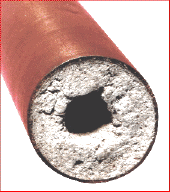
Reading all the benefits of water softeners might make you think they’re the coolest thing since sliced bread. They are pretty amazing, but there are cons to water softeners as well.
The Bad…..
The two biggest cons of investing in a water softener are cost and maintenance. 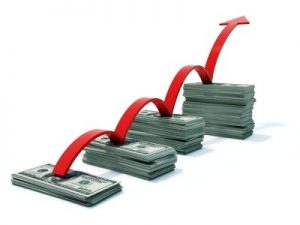
…and…..the Ugly…
You must flush the brine tank regularly to make sure you don’t end up with a salt bridge, 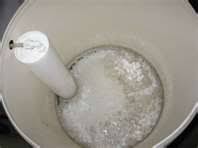
What’s even worse than a salt bridge? Salt mushing. No, that is not a made-up term. There is such a thing as salt mushing. That is what happens when the salt particles crystallize and make a salty sludge in the bottom of the brine tank. This sludge makes it impossible for the salt in the water to help regenerate the bottom of the brine tank and causes a blockage in your water system.
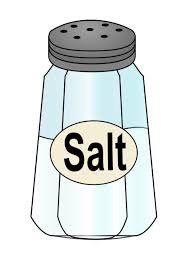
So, what’s next?
In our opinion, the pros far outweigh the cons. Water softeners are the best way to go, in spite of the potential drawbacks. But how do you find the best system for your home? Glad you asked!
Whether you need help choosing a system or figuring out how to best care for the system you have, Knoxville Plumbing can help. We have experts in water softening systems who can help you decide what your best options are or if you even need a system. We can also help you learn how to care properly for the system you already have. We’re the go-to guys when it comes to water softening systems. Give us a call, today.


